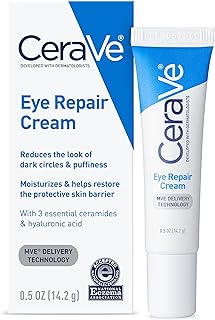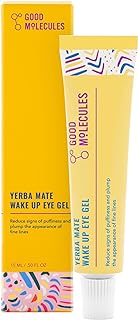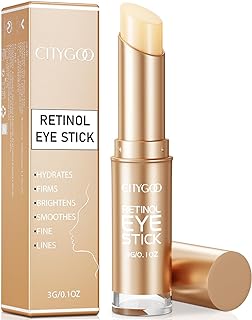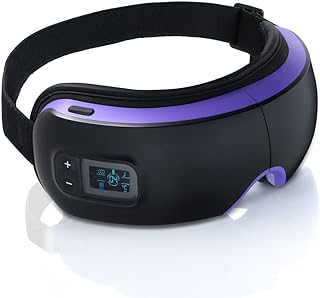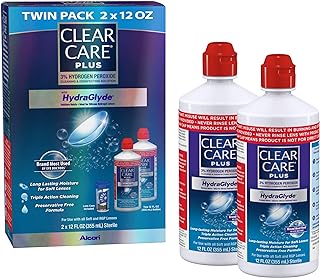Eye Care Essentials: Protecting Your Vision Across the Ages
Key Takeaways
| Topic | Summary |
|---|---|
| Age-Related Eye Conditions | Understanding the prevalence and impact of various age-related eye conditions is crucial for early intervention and management. |
| Eye Care Analytics | Advances in eye care analytics are enhancing the accuracy of vision assessments and personalized care plans. |
| Eye Creams for Age-Related Concerns | Specialized eye creams play a pivotal role in addressing aging eyes’ cosmetic and health concerns. |
| Eye Massage Techniques | Implementing eye massage techniques can relieve stress and potentially improve eye health and function. |
| Advancements in Eye Care Solutions | Innovations in contact lens solutions contribute to better eye health and comfort. |
Have you ever stopped to think about how much we rely on our eyesight? From the moment we wake up to when we go to sleep, our eyes are our windows to the world. Yet, like any other part of our body, our eyes are not immune to issues, especially as we age. Today, let’s embark on a journey exploring the vital role of eye care in maintaining our vision’s health, peppered with the latest trends, products, and techniques that are shaping the future of eye care.
Understanding the Trends of Age-Related Eye Conditions
In our first pit stop, let’s delve into the aging eye. Age-related eye conditions, including cataracts, macular degeneration, and glaucoma, significantly impact millions worldwide. The prevalence of these conditions increases with age, but did you know that early detection and intervention can substantially mitigate their impact on our lives? Age-Related Supplements: Unlocking the Secrets to Healthy Aging discusses how dietary supplements can play a role in preserving eye health. Is it time to give our eyes as much attention as we give our skincare routines?
Innovative Eye Care Analytics and Their Impact on Vision Accuracy
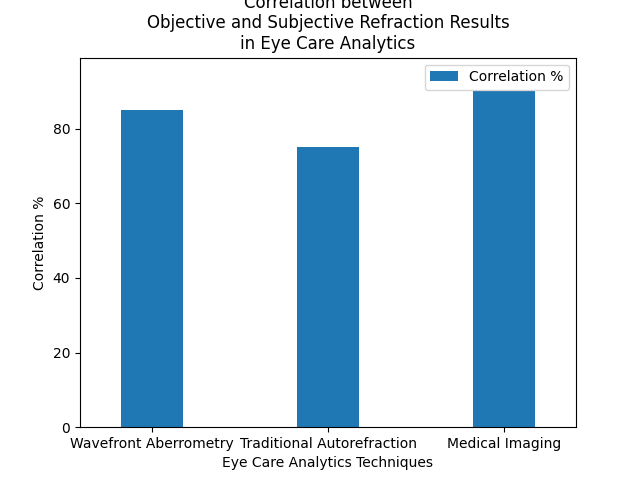
Moving forward, the world of eye care is witnessing a revolution, thanks to innovative analytics. The accuracy of diagnosing and treating vision issues has significantly improved with the advent of advanced analytical tools. This progression means more personalized care and treatment plans tailored to each individual’s unique vision needs. But what does this mean for you? Essentially, a trip to the optometrist is becoming more like a personalized eye care journey, where every aspect of your vision is analyzed with precision for optimal care. Fascinating, isn’t it?
The Role of Eye Creams in Combatting Age-Related Eye Concerns
When it comes to eye care, it’s not just about seeing well but also looking good. Let’s be honest, dark circles, puffiness, and wrinkles around the eyes don’t scream ‘youthful’. Enter the world of eye creams designed to tackle these very concerns. Products like CeraVe Eye Repair Cream, Yerba Mate Wake Up Eye Gel, and Retinol Eye Stick are game-changers. Infusing your eye care routine with these products can significantly diminish the signs of aging. Ready to give your eyes a cosmetic boost?
Essential Eye Massage Techniques for Relieving Eye Stress
In the digital age, our eyes are under constant strain from screens, leading to stress and fatigue. But did you know that eye massages can provide much-needed relief? Techniques that employ gentle pressure and warmth can help to improve circulation, reduce eye strain, and even enhance overall eye health. The Eye Massager with Heat FSA HSA Approved is an excellent tool for incorporating into your daily eye care routine, offering a spa-like experience for your eyes at home. Who knew eye care could be so relaxing?
The Advancements in Contact Lens Solutions and Eye Care
Last but not least, let’s talk about contact lenses. For those who prefer lenses over glasses, maintaining eye health is crucial. Innovations in contact lens solutions, such as the Plus Cleaning Solution with Lens Case, make it easier than ever to keep your lenses clean and your eyes healthy. With advancements in eye care solutions, worrying about lens-related eye issues is becoming a thing of the past.
Related Articles
- Is 20% Vitamin C Serum Effective for Achieving Even Skin Tone and The Best for Skincare?
- Ocuvite Eye Supplement Review
- Eye Care – Sanfte Kosmetik und Kontaktlinsen Zubehör
In closing, the field of eye care is constantly evolving, with groundbreaking advancements designed to enhance both vision and the appearance of our eyes. By incorporating the latest products, techniques, and understanding into our routines, we can ensure our eyes remain healthy and vibrant for years to come. Isn’t it time we treated our eyes with the same care and attention we devote to the rest of our bodies?
Frequently Asked Questions
Q: What are some common eye care services provided by an eye doctor?
A: An eye doctor offers services such as eye exams, treatment for eye diseases, vision care, and surgical procedures like LASIK.
Q: How often should I visit an optometrist for an eye exam?
A: It is recommended to visit an optometrist for a comprehensive eye exam at least once a year to ensure the health of your eyes.
Q: What is the difference between an optometrist and an ophthalmologist?
A: An optometrist provides primary eye care services such as eye exams and vision testing, while an ophthalmologist is a medical doctor who specializes in eye surgery and treating eye diseases.
Q: How can I schedule an appointment with an eye care provider?
A: You can easily schedule an appointment with an eye care provider by contacting their office either by phone or through their website.
Q: What are some common signs that indicate a need for an eye exam?
A: Symptoms like blurry vision, eye strain, frequent headaches, and difficulty seeing at night could indicate a need for a comprehensive eye exam.
Q: How can I protect my vision as I age?
A: To protect your vision as you age, it is important to have regular eye exams, maintain a healthy lifestyle, wear sunglasses to protect from UV rays, and follow your eye doctor’s recommendations.
Q: Can an optometrist treat eye diseases like cataracts?
A: While optometrists can diagnose eye diseases like cataracts, they may refer you to an ophthalmologist for specialized treatment or surgical procedures.

